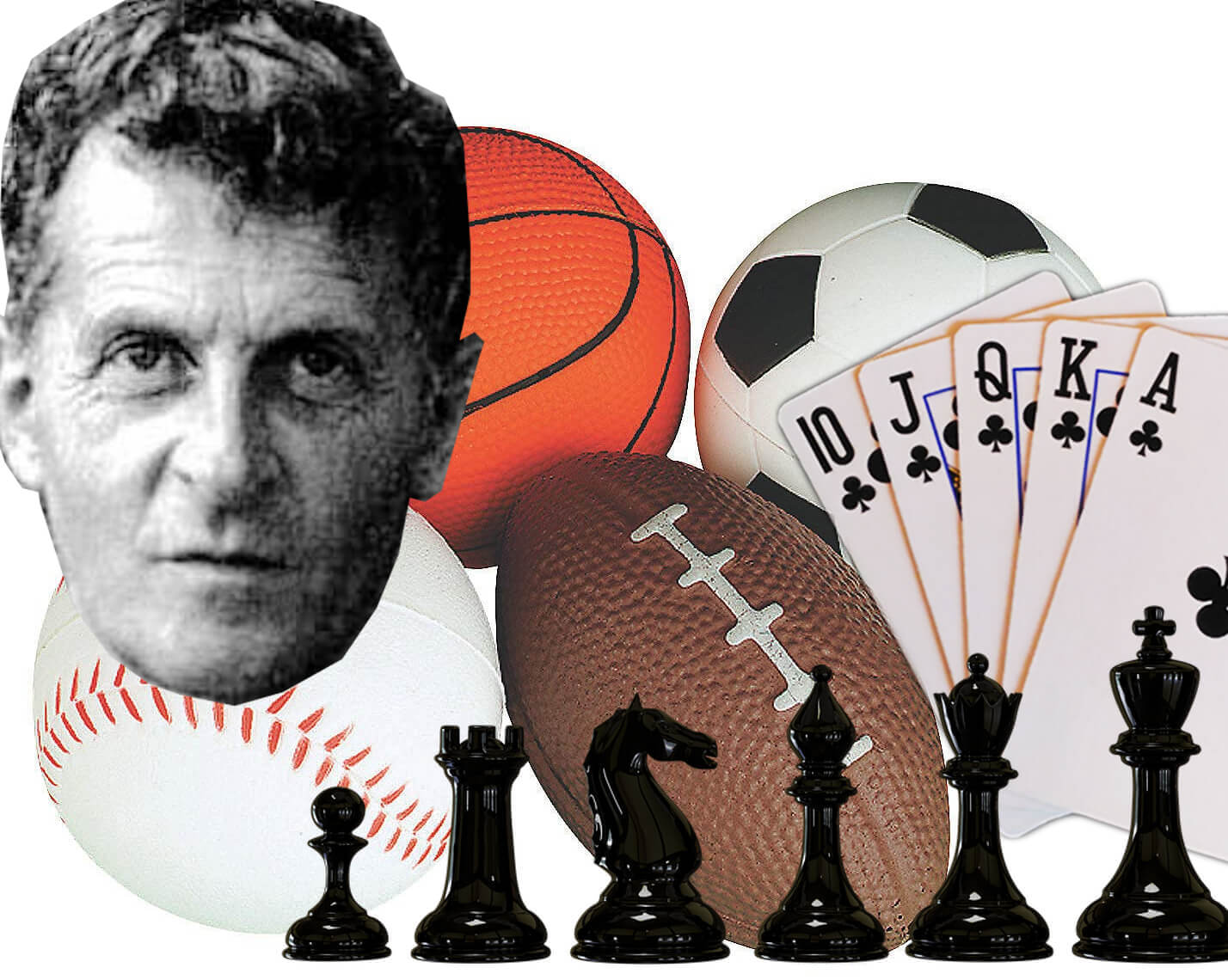

The family never has filed a claim for the instrument, and it's possible the Wittgensteins maintained possession of the instrument and sold it themselves.

Survivors of the Wittgenstein family do not know how the family lost possession of its 1742 Guarneri del Gesu instrument, or whether the violin was part of the negotiations with the Nazis. "You could say the violin is a casualty of the war," said Gerhard Eisenburger, an heir of the Wittgenstein family, speaking in his Vienna home. Several family members fled Vienna, but two of the daughters of Karl Wittgenstein accepted an offer made by the Nazis, according to documents located by the Tribune in the Wittgenstein Archive of Cambridge University in England.īy turning over to the Nazis the Wittgenstein fortune, which Karl Wittgenstein had invested in the United States, as well as some musical instruments and manuscripts, their classification as Jews was modified to allow them to remain safely in Vienna. The violin was the least of the Wittgenstein family's concerns when the Nazis in 1938 classified the Wittgensteins as having "mixed blood"-they were partly Jewish. Their father, the industrialist Karl Wittgenstein, in 1897 purchased one of the most famous instruments ever made-the 1742 Guarneri del Gesu played by the Italian composer-violinist Antonio Bazzini. This was the same family whose ranks included the brilliant 20th Century philosopher Ludwig Wittgenstein and his brother, the esteemed concert pianist Paul Wittgenstein. "The other 1742 Guarneri del Gesu with questions surrounding its Holocaust-era provenance once belonged to the partly Jewish Wittgenstein family of Vienna, which was forced to turn over money and possessions to the Nazis. Historical context, expert commentary, rare images and original recordings LSO Digital Exhibition, Violins of the LSO Violin Festival.


Violin, viola and cello bows of the 18th century Italian cello making: origins to 1750, expert commentary, artist interviews, rare images


 0 kommentar(er)
0 kommentar(er)
